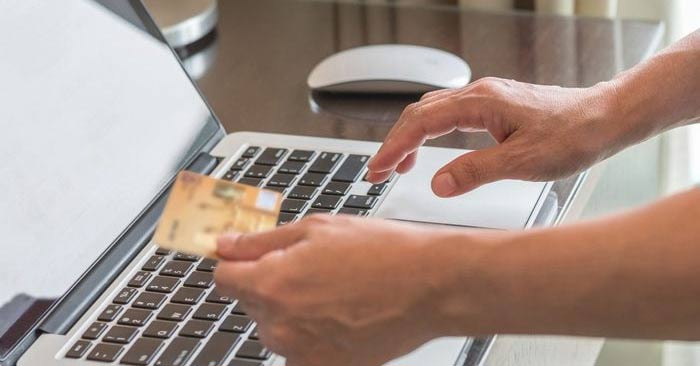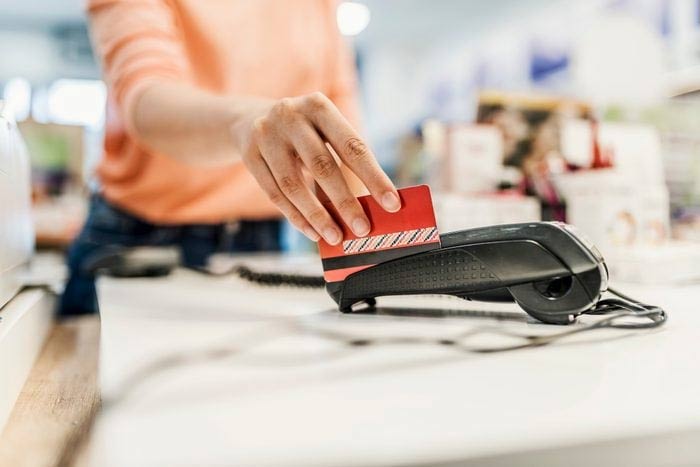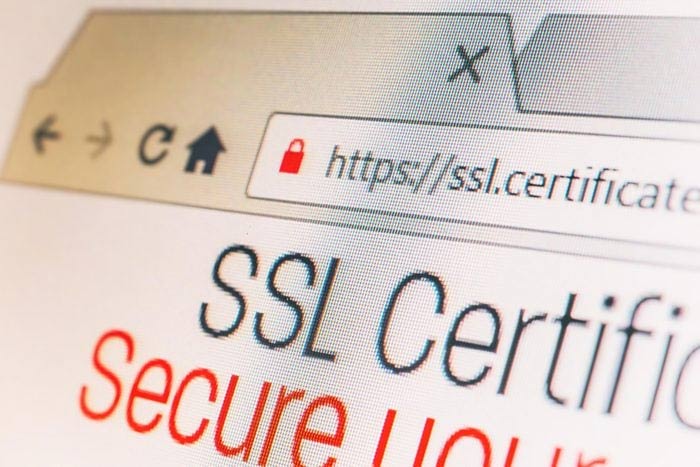When should you not use a credit card for payment?
Credit cards can be convenient and reliable, but there are some situations where swiping a card or entering a phone number can be dangerous.

You suspect your card has been compromised
Some credit card companies will send transaction alerts if they detect an unusually large purchase or a change in a cardholder's spending habits. These alerts allow you to confirm or deny via text message or email that it was you who attempted to make the purchase. If you don't recognize the charge, your card may have been compromised. Fortunately, there are steps you can take to protect yourself.
Credit cards offer purchase protection and you are not responsible for unauthorized charges made on the card. Two-factor authentication can help prevent anyone from using your banking information, and setting up credit monitoring helps you know if your card is being used for fraudulent purposes. If you lose your credit card or suspect fraudulent activity, you should contact your bank to block it immediately.
When you buy something beyond your means
When it comes to credit cards and buy now, pay later apps, remember that you'll be charged interest if you don't pay off your balance in full.
Carrying a balance will result in interest charges, and interest rates are often very high. Interest on an unpaid credit card balance can quickly add up and become unmanageable. If you can't afford the purchase you want without the help of a credit card, don't buy it. Sticking to your budget and only buying items with the intention of paying off the balance is the best strategy.

By phone, text message or email
It may be common practice to email or fax a credit card authorization form to a vendor. However, never give out your credit card number over the phone or in a text message. If someone calls asking for payment, unless it is someone you know or someone you expect to hear from, you should not pay over the phone with a credit card.
If you get a call or text from someone claiming to be from your credit card company, tell them you'll call them back. Then call a number you know, such as the customer service number on the back of your credit card.
Also, be careful with emails. Large companies will not do business with Gmail or Yahoo email addresses. Make sure the email is coming from the correct domain. When in doubt, call the provider directly for clarification.
Payment is charged
Every time you swipe your credit card, the merchant is charged a small percentage of the transaction amount. Some merchants may pass this cost on to customers by charging a credit card transaction fee or cash discount. Morgan recommends not using your credit card if you have a transaction fee, especially for large expenses like taxes and rent.
A supplier that seems unreliable
Never give your credit card number to vendors who appear to be untrustworthy. Using your credit card on websites or with businesses that are questionable increases your risk of identity theft and unexpected charges. If you have never heard of a company or product, you should hold off on making a purchase until you have researched and confirmed the authenticity of the brand.
Signs of an unreliable supplier include poorly written emails, product descriptions full of grammatical and spelling errors, a website missing a security icon in the address bar, or a website that looks incomplete.

You are struggling with high debt balances
There are many ways to save money and get out of debt. Getting rid of your credit cards is a great start, especially if you're struggling with a high balance. Adding credit card debt when you're already struggling to pay it off can make it harder to get back on track financially. He recommends using a debit card or cash, which can help you avoid accumulating more debt. Not only that, but psychologically, it can help you avoid overspending because you're spending cash instead of pulling out a credit card.
Anytime you carry a balance, any real benefit from your credit score is negated. Also, remember that credit card interest is calculated on a daily average. So even if you pay more each month, it will cost you more to use your card with a balance.